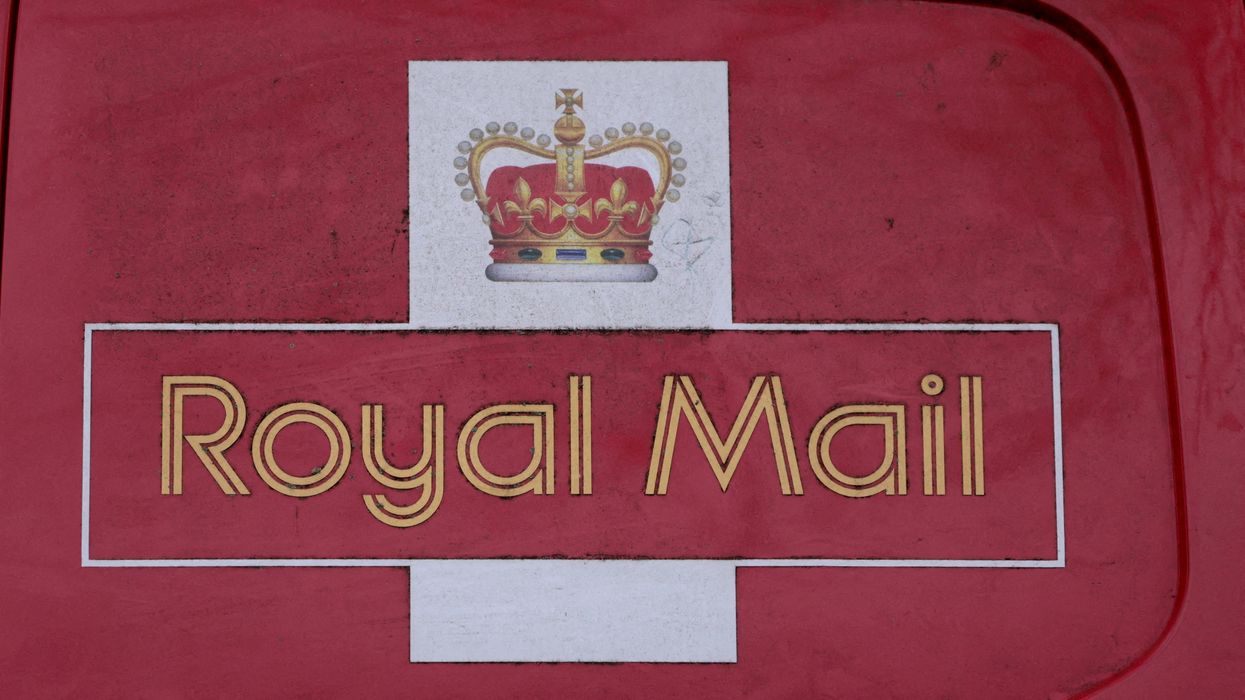MEDIA regulator Ofcom has set new minimum delivery standards for Royal Mail and revised existing targets in an effort to reduce delays. It also announced a review into pricing and affordability, amid concerns over rising stamp prices.
Royal Mail, which has faced fines of around $20 million over the past two years for not meeting delivery targets, is currently trying to modernise operations and focus more on parcel deliveries.
“Urgent reform is needed for the universal service to survive,” Ofcom said in a statement. The regulator said the revised delivery goals could help Royal Mail save up to £425 million ($578.3 million).
Under the new rules, Royal Mail must ensure that 99 per cent of mail is delivered no more than two days late. Ofcom has also adjusted the targets for next-day and three-day deliveries. The target for First Class mail will now be 90 per cent delivered the next day, down from 93 per cent. For Second Class mail, the target has been lowered from 98.5 per cent to 95 per cent within three days.
From July 28, Royal Mail will be permitted to deliver Second Class letters on alternate weekdays, while still aiming to meet the three-working-day delivery target, Ofcom said.
“Our research suggests that affordability and reliability are more important to people than speed of delivery, but they value having a next-day service available for when they need to send the occasional urgent item,” the regulator said.
Ofcom said it would launch a consultation on its pricing and affordability review next year.
In response to the announcement, Martin Seidenberg, Group CEO of Royal Mail’s parent company International Distribution Services, said the company welcomed the new measures.
“It is good news for customers across the UK as it supports the delivery of a reliable, efficient and financially sustainable universal service,” he said in a statement.
(With inputs from agencies)





